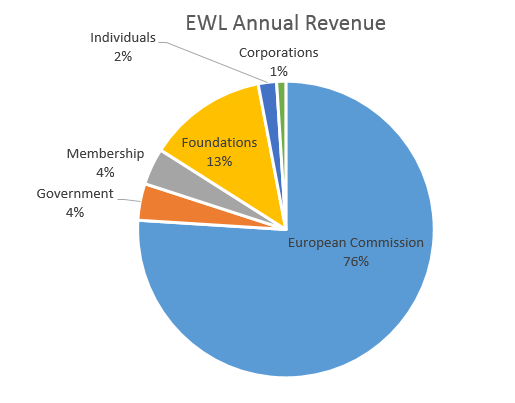[Brussels, 8 February 2013] In a letter congratulating Irish Minister Jan O’Sullivan on her initiative and in advance of the forthcoming Roundtable of EU Ministers with responsibility for homelessness, which will take place on 1 March 2013 in Leuven, Belgium, the EWL draws attention to the urgency to address the needs of homeless women. While the numbers of homeless women are unknown, there is evidence to suggest that more women are resorting to the streets. But this is the visible side of the female face of homelessness as many women who become homeless tend, in the first instance, to seek temporary shelter from family, friends and informal networks.
The EWL also cautions that austerity measures risk contributing to female homelessness. Cuts in funding to women’s shelters providing protection and services for women fleeing violence at the hands of male partners’ means that women, with or without their children, are turned away due to a lack of resources. With nowhere to go, the streets become the last resort. Women of all ages become homeless and as such are vulnerable to sexual violence and sexual exploitation. These different facets of women’s homelessness must be addressed in a comprehensive policy framework. One of the Europe2020 headline targets relate to lifting 20 million out of poverty by 2020, which is far from being achieved. In the absence of an encompassing headline target on gender equality, the EWL urgently calls on governments to address homelessness, as one of the most extreme forms of poverty and deprivation, within a gender equality perspective. This requires, among others, systematic gender impact assessments of austerity measures and policies to mitigate and correct these within a gender equality framework. On 14th September 2011, the European Parliament adopted a Resolution calling for an EU strategy to monitor, support and coordinate the development of homelessness policies in the Member States. ewl letter eu round table homelessness 08 02 2013


